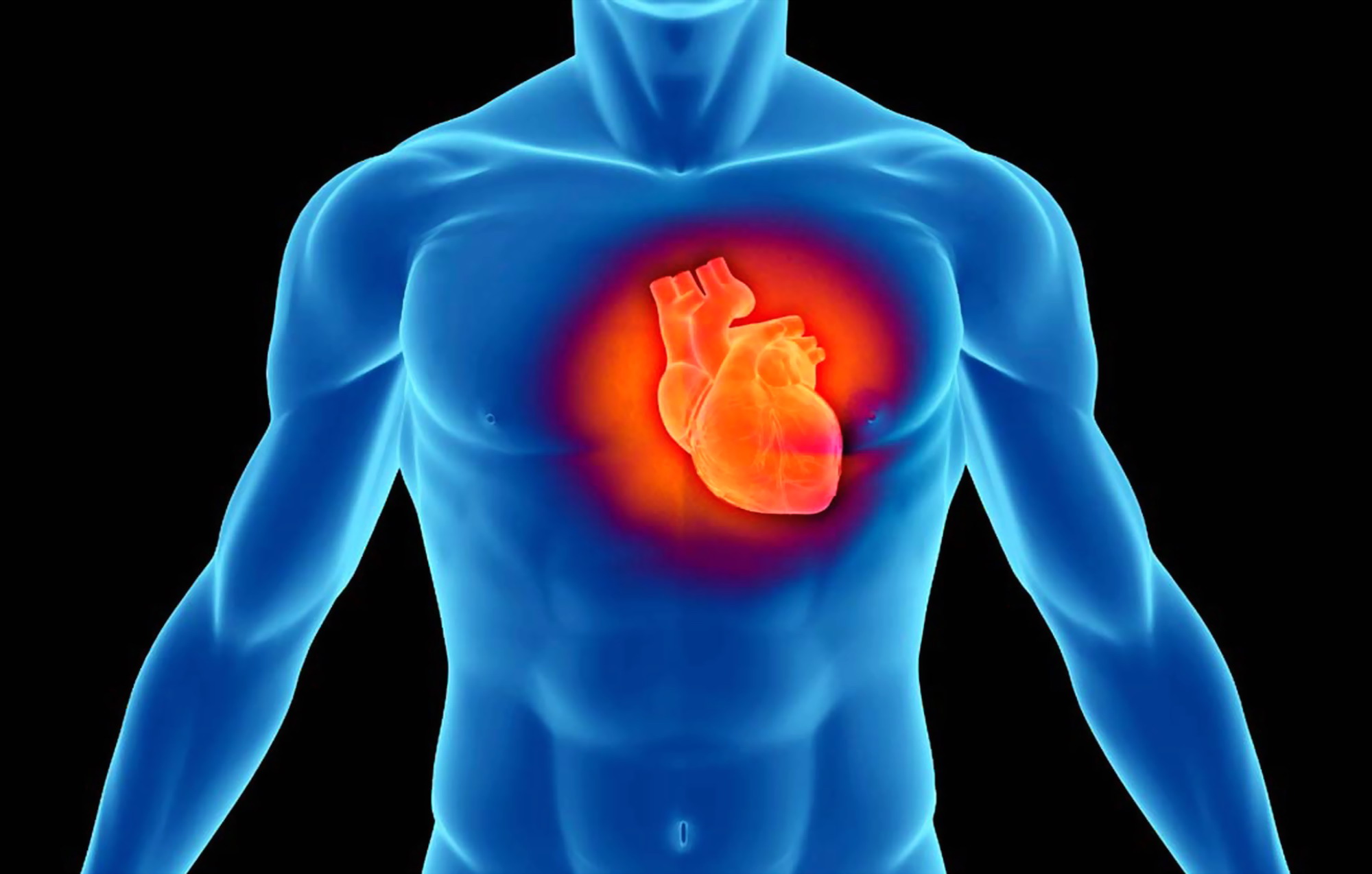
Coronavirus, what patients with heart disease should know about COVID-19
In times of coronavirus, a very important support to patients with heart disease comes from the American Heart Association, where Dr Nancy Messonnier and Prof Orly Vardeny gave a warning to anyone who suffers from heart disease, in particular, elderly people.
Heart disease patients have extra reasons to be alert. In particular, the concern for elderly people is serious. Dr Nancy Messonier, director of the National Center for Immunization and Respiratory Diseases, during a conference at the end of February, and Prof Orly Vardeny, associate professor of medicine at the Minneapolis VA Health Care System and the University of Minnesota, declared that if many people in this country will be infected by COVID-19, they will have severe illness.
COVID-19, concern for heart disease patients
For people with heart disease, in particular for elderly patients, with coronary heart disease or hypertension are more likely to be infected and to develop more severe symptoms. The American College of Cardiology issued a bulletin in order to warn patients about the potential increased risk and to encourage additional, reasonable precautions.
Around 40% of hospitalized coronavirus patients suffer from heart disease (cardiovascular issues) or cerebrovascular disease. The virus could affect heart disease patients in several ways, and the virus’s main target is the lungs.
According to Orly Vardeny, it could also affect the heart, especially a diseased heart, which has to work harder to get oxygenated blood throughout the body. People with underlying heart disease, often have a less robust immune system. This clinical condition could increase problems because the heart is already having problems pumping efficiently.
Then, with the age, people’s immune systems get even weaken, and in those with chronic medical conditions, the body’s immune response is not as strong a response when exposed to viruses. If such a person catches a virus, it’s likely to stick around and cause complications.
Which are the risks of SARS-CoV-2 for patients with heart disease?
We have to bear in mind also that fat people have an even higher risk if infected by the coronavirus. This because of the problems that affect their arteries which put people most at risk.
Vardeny emphasized that information about COVID-19 is changing almost hourly. But previous coronaviruses, such as SARS and MERS, offer insight. They were linked to problems such as inflammation of the heart muscle, heart attack and rapid-onset heart failure.
Prof Valdeny, who is also a volunteer for the American Heart Association, said that COVID-19 has similarities to influenza. At the moment, she said, “We don’t think the actual risk is any higher per se. It’s just that the spread is quicker.” And unlike the flu, there’s no vaccine.
SARS-Cov-2 numbers change rapidly. The World Health Organization is always updated to everything that happens. By comparison, as of mid-March, the CDC estimated there had been at least 36 million flu illnesses, 370,000 hospitalizations and 22,000 deaths from it in the United States this season. That’s why, according to Prof Valdeny, the precautions that work against the flu should be helpful against COVID-19, also because it spreads in the same way.
In the absence of a certified vaccination, suggestions include hand-washing, keeping surfaces clean and avoiding travel to areas with outbreaks, avoiding gathering in groups of more than 10 people; and refraining from discretionary travel, shopping trips, or social visits, as well as trips to restaurants or bars.
The ACC bulletin recommends people with cardiovascular disease stay up to date with vaccinations, including for pneumonia. The recommendations are also to stay home, especially for who is sick and to use smart work for people who have heart disease.
OTHER RELATED ARTICLES
SARS-CoV-2, the report of coronavirus infection continent by continent


